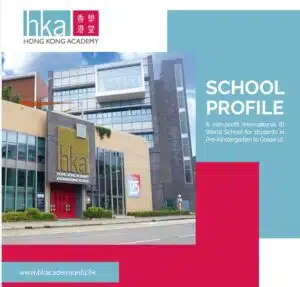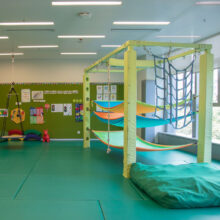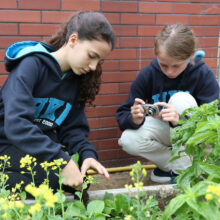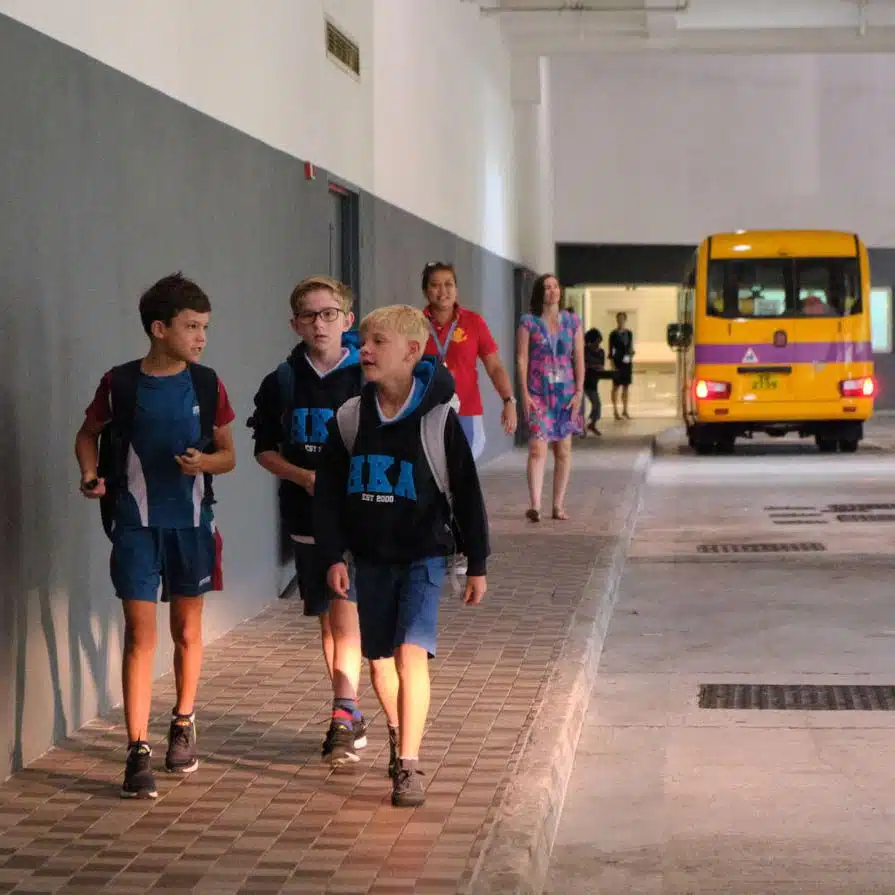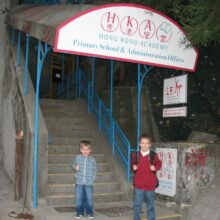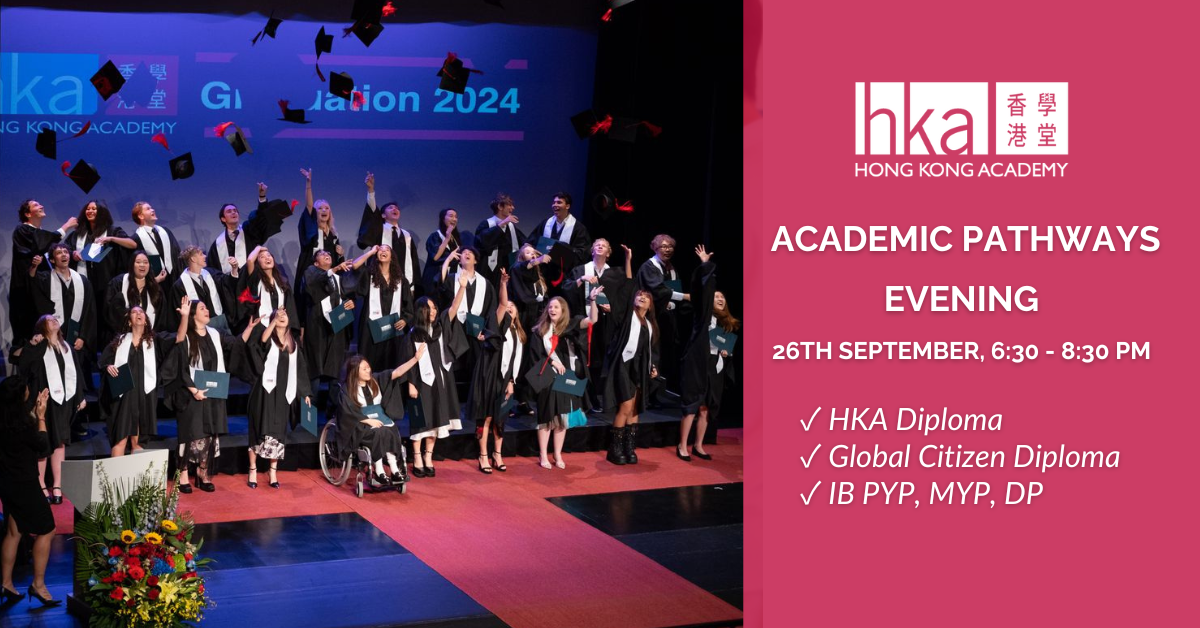| Because we believe that assessment should | Teachers will... |
|---|---|
| Define and clarify learning targets for students | - develop an assessment plan in Grades 6-10 so that MYP students will be formally assessed in each strand of each criteria at least once per semester - develop assessments in Grades 11-12 that align to HKA High School and IBDP course objectives, adhering to the timeline set - ensure that students understand thepurpose, goals, standards and criteria for each assessment—assessment criteria must be understandable using student friendly language (i.e. task specific clarification) and explicit so students know why the learning is important, and what outcomes are expected - inform students both verbally and in Managebac of the content, timeline and format of upcoming assessments at least 10 days ahead of any assessment in which they will earn a level of achievement - ensure there are two summative assessments per semester in Grade 11 and 12 (8 total before graduation) |
| Encourage deep and meaningful engagement with challenging learning tasks | - ensure that all assessments are designed to be criterion & standards based (i.e. MYP criteria, DP course objectives) - create a classroom culture where students feel supported to take risks and ask for clarification |
| Promote self-directedness, self-awareness and reflection throughout the learning process | - embrace assessment as a continual process. - create & promote opportunities for student agency and for students to craft their own personal learning goals - support students in developing a growth mindset - emphasise learning and minimise the focus on numerical grades |
| Foster equity, inclusion, and student agency | - provide multiple opportunities via a range of assessments (eg. projects, videos, conferences etc.) to allow students every opportunity to demonstrate their learning and feel successful - ensure that any group assessments employ methods that allow teachers to feedback and assess the learning of each individual - ensure that levels of achievement awarded reflect the learning demonstrated, and not behaviour (i.e. no reduction in marks for reassessed work or late submissions) - provide accommodations and modifications as appropriate to any students with individual learning needs or an IILP and empower all students to advocate for themselves |
| Facilitate interaction and dialogue around learning (peer, teacher-student, teacher-teacher and parent) | - ensure that feedback is timely (ideally within 7 school days, and always within 10 school days) and is shared in a stress-free and meaningful way; providing opportunities for students to reflect on their learning - ensure that the Managebac gradebook is kept up to date - send notifications to students and parents via ManageBac as assessment data is updated - use Parent-Teacher-Student Conferences (PTSCs) as a platform for co-sharing student goals, progress and next steps - ensure that effective and transparent moderation procedures are in place for all internal standardised assessments |
| Support the development of learning partnerships and communities | - collect and share evidence of student achievement and progress on an ongoing basis - provide evidence of student progress via Managebac prior to PTSCs - utilize Managebac calendars to ensure reasonable expectations for students and balance of assessment |
| Help teachers adapt teaching to meet student needs | - monitor student understanding throughout the process of learning to support the identification of prior knowledge, current knowledge and next steps for learning - analyse all standardised and external testing data and use it to inform instruction, differentiate for individual students, and make programmatic decisions |
Reporting & Feedback
Feedback to students and parents is ongoing.
Teachers provide feedback in a variety of ways—both orally and in writing—via Managebac, Google Classroom, through rubrics, and in conferences. Parent Teacher Student Conferences (PTSCs) are held over two days in:
- October (Grades 6-12)
- February (Grades 6-12)
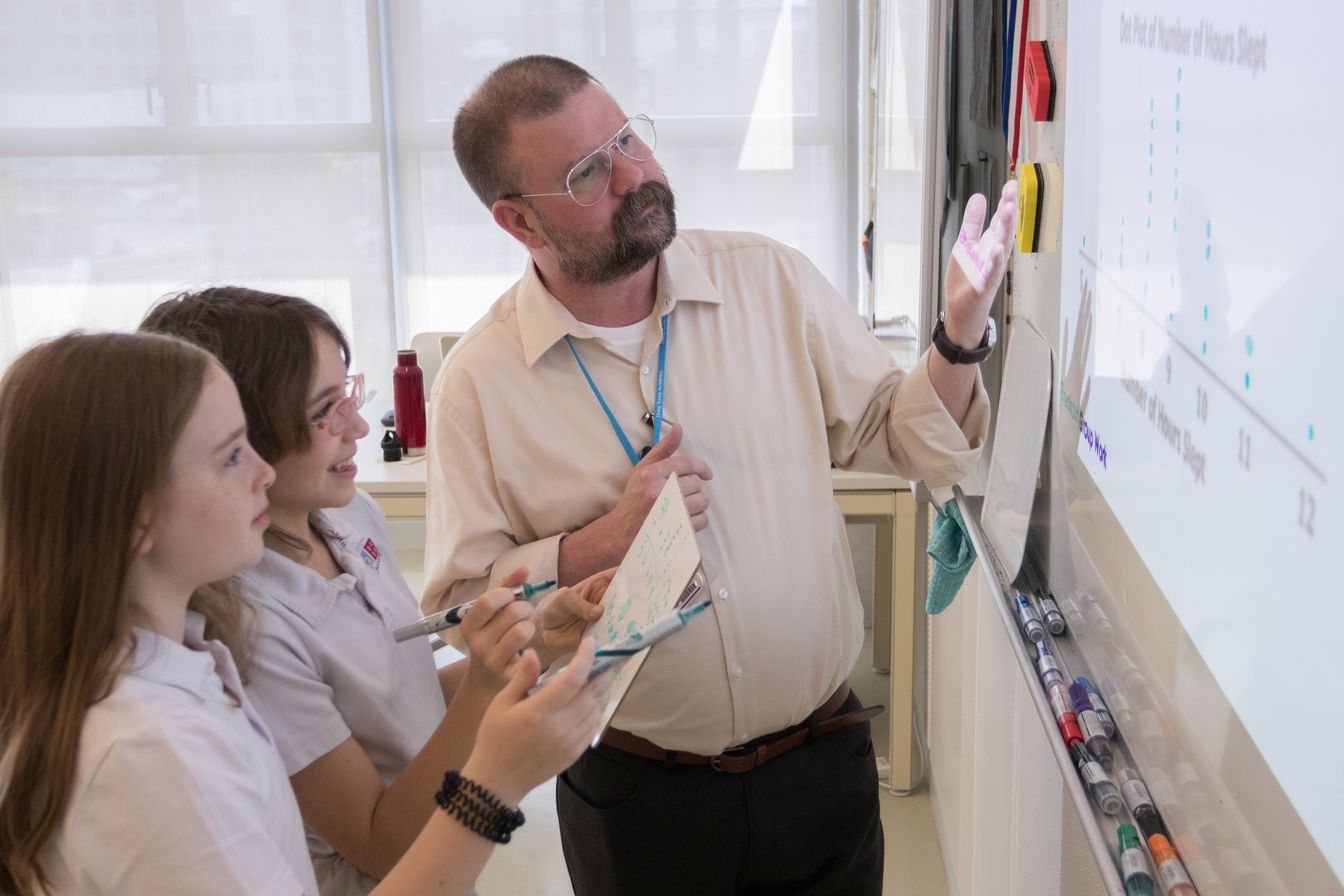
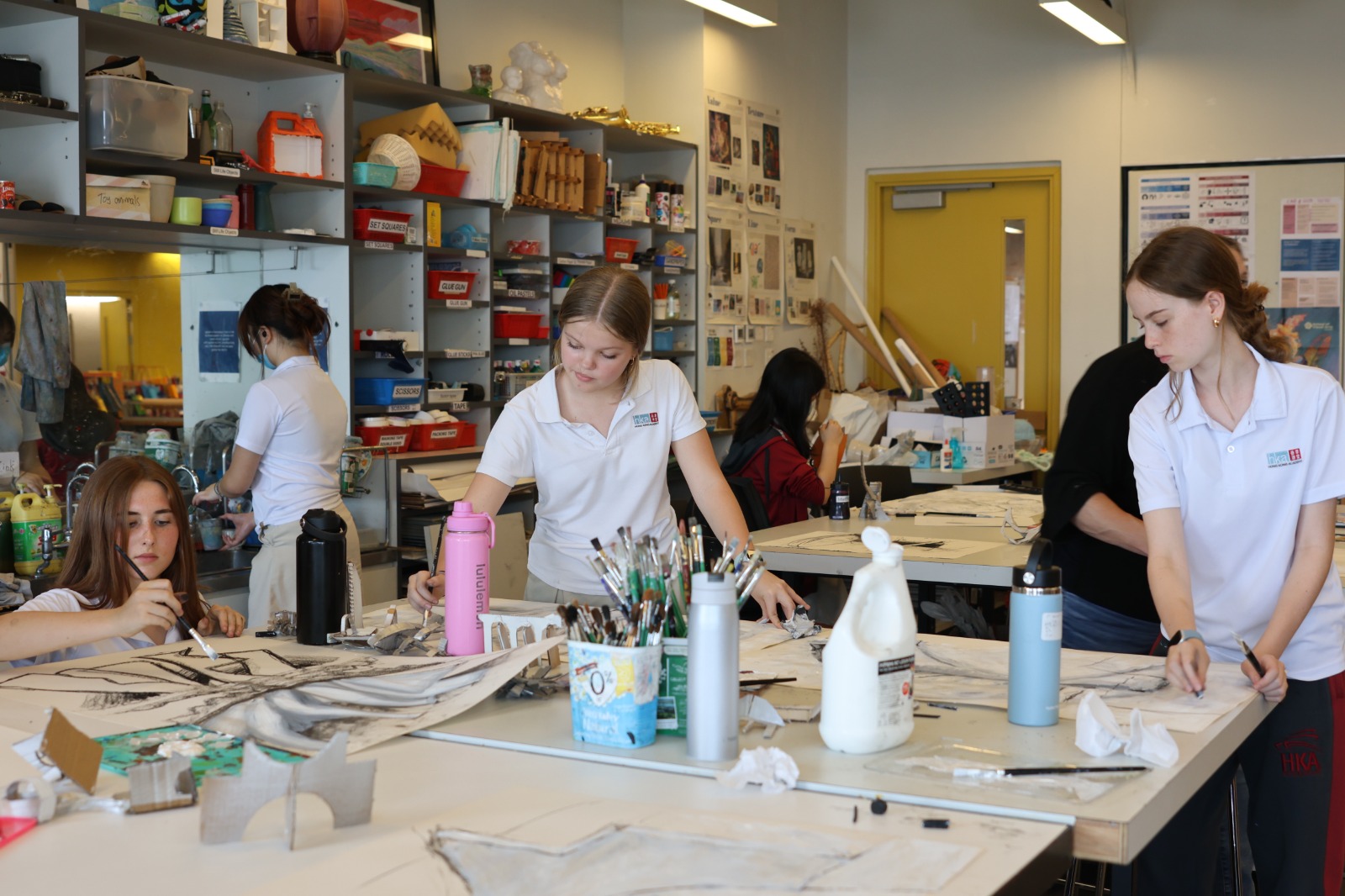
The purpose of PTSCs is to provide an opportunity for the partners in a students learning journey - parents, teachers, and students - to have a dialogue about the learning so far and what to focus on next. During the PTSCs, students should discuss their thoughts on learning, and teachers provide input from their perspective about the progress and next steps.
These conversations are intended to help strengthen the partnership between parents, students, and teachers to support each child's learning journey, and to celebrate success. Students should be provided with an opportunity for reflection and in each subject in preparation for PTSCs.
Reports are provided to students and parents at the end of each semester to provide an overall summary of the reporting period.


